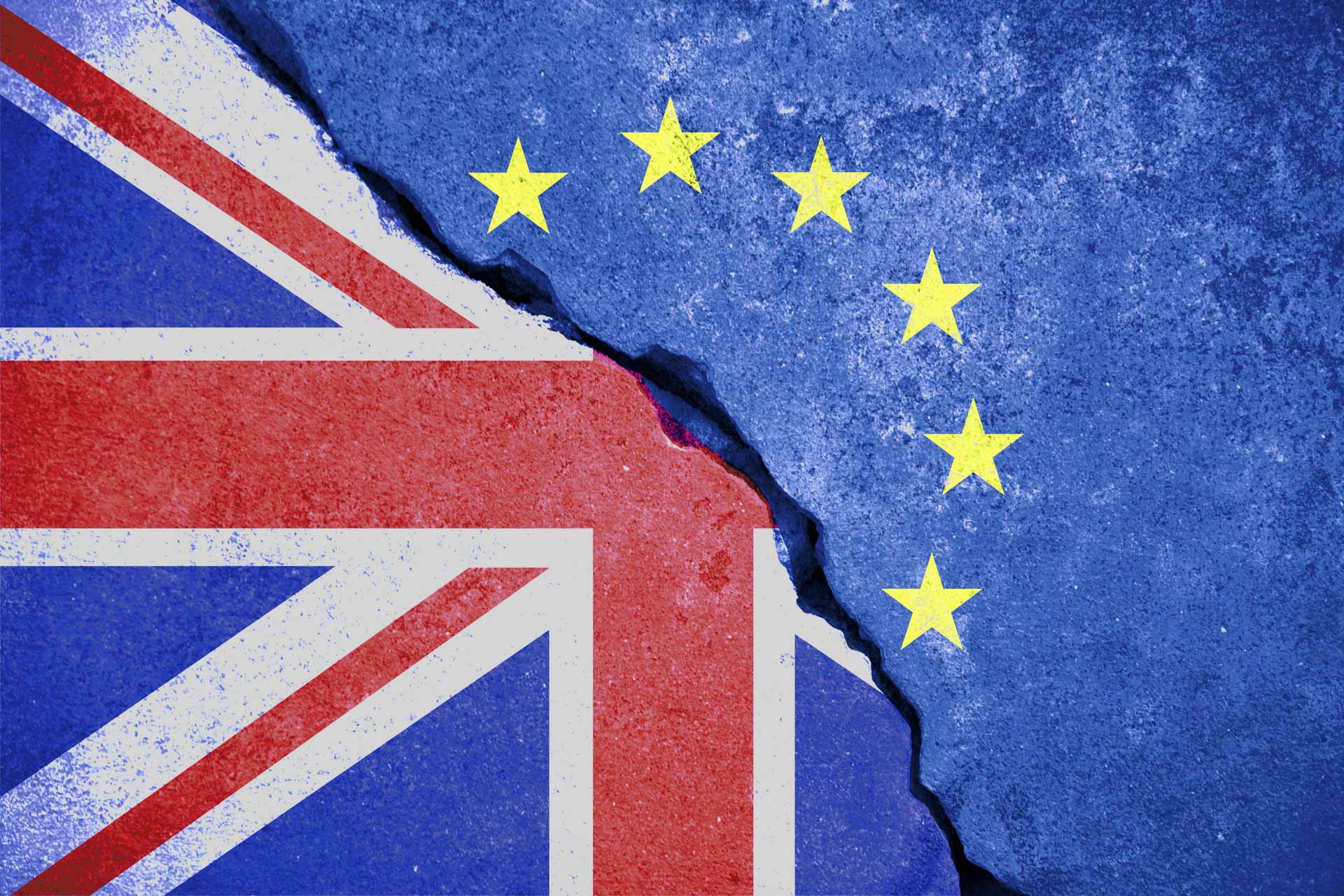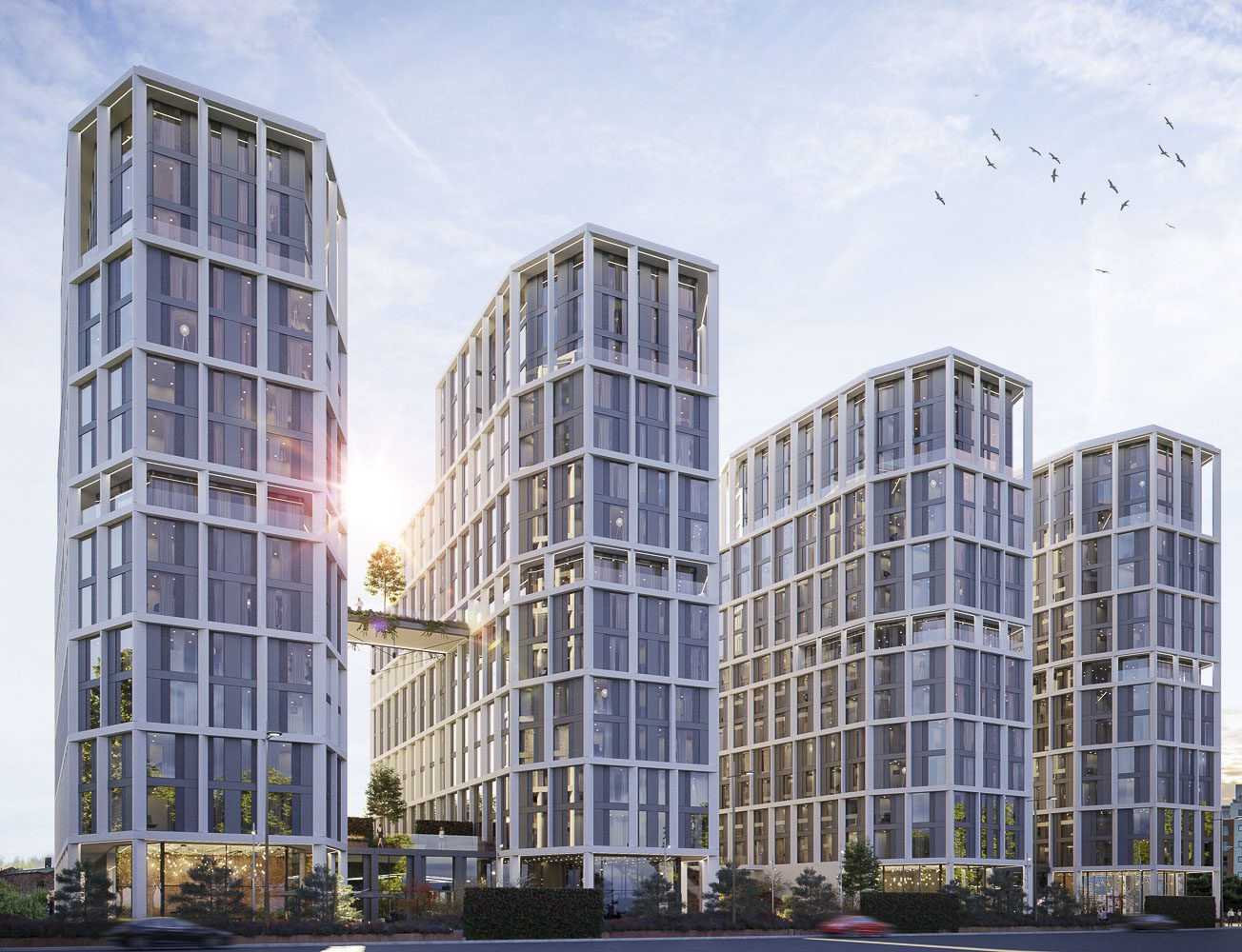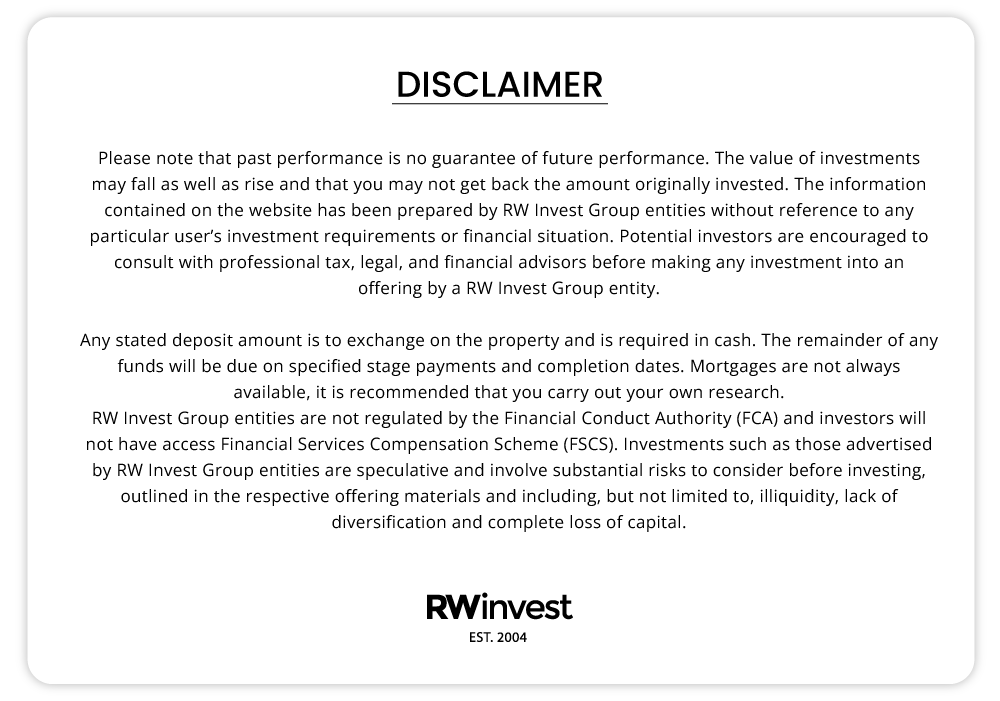- How is Brexit going to Affect the Housing Market in the UK?
- Resilient Regional Cities Thrive in Post-Brexit Landscape
- London Cooling Amid Brexit Uncertainty, But Buy-to-Let Demand Remains Strong
- London Prices Stagnate Amid Brexit Uncertainty
- Northern Cities Set to Benefit from Growing Rental Demand and Strong Market Fundamentals
- Brexit Uncertainty Casts Shadow Over UK Housing Market
- Resilient UK Housing Market Shows No Immediate Deterioration Post-Brexit
How is Brexit going to Affect the Housing Market in the UK?
How will Brexit affect the UK property market? It’s one of the most frequently asked questions in the Brexit discourse. However, answers remain unclear, with some preaching doom and gloom and others brimming with confidence. No matter what, Brexit has been one of the most influential decisions in our country’s history and it has been discussed at great length. Uncertainty is the most commonly thrown around word when it comes to the Brexit debate, so clarity is useful. As late-night conversations in Brussels and Westminster continue to fuel speculation, we look at the numbers. We discuss what has happened to the UK property market since the 23rd June 2016. The impact of Brexit news on the UK property market is up for debate too. But, we’ve found some facts that can give us some idea of what Brexit means for UK property investment.
No matter where you stand on the Brexit debate, to assume it will have no impact on the UK property market would be naïve. However, the picture is complex. It is obvious that regional differences in the UK have made it even more so. Some areas, especially those in the North West of the UK have shown marked growth despite Brexit on the horizon. However, in London, a market slow down and substantial price falls paint a very different picture. For investors, the Brexit property market holds opportunities and challenges. As always, being as well informed as possible is key to navigating this new financial climate.

How to Build a Property Portfolio, Get Started Now!
Tips on how to start building your property portfolio with tools for success.
Resilient Regional Cities Thrive in Post-Brexit Landscape
The top performing cities, according to Hometrack UK Cities House Price Index, were Birmingham, Edinburgh and Manchester. These properties saw prices rise by an average of 15% over the two years since the vote. These regional cities have shown incredible resilience, with Brexit’s impact felt far less acutely than in London. This may be due to the strong regional economies that have grown up, especially due to the Northern Powerhouse Initiative. But it also shows that there are places in the UK which are growing regardless of the uncertainty surrounding Brexit. Richard Donnell, insight director at Hometrack, said: “Two and a half years on from the Brexit vote, our analysis reveals a limited direct impact from Brexit uncertainty on the housing market thus far. Large regional cities continue to register above-average house price inflation, with the discount between asking and sales prices narrowing on rising sales volumes.
According to MFS, 77% of investors think Brexit is unlikely to affect their long-term investment strategy. They also say the way they have invested since June 2016 has not been impacted by the EU referendum result. This shows that despite the Brexit vote, the majority of property investors still think that UK property is a viable asset. Buy to let remains a strong prospect that has the potential to produce lucrative returns over the forthcoming years.

Last Chance to Invest in Luxury Waterfront Apartments
Limited time offer! Back-to-market 1-bed units in one of our best-ever developments
London Cooling Amid Brexit Uncertainty, But Buy-to-Let Demand Remains Strong
In October 2018, London house prices fell by 0.4% over the last 12 months. Brexit speculation has been severely affecting the capital, which has been experiencing a market slow down. Unfortunately, the impact of Brexit has been most keenly felt in London. The thousands of international companies based or operating there are unsure about their futures. In some areas like Hounslow, prices are down by a huge 6.5%. In Hackney, house prices have fallen by 4.2% and in Croydon, the annual change has been -4%. Many people in London are choosing to wait and see, holding on to a property until a clear decision has been made. In fact, 54% of London City postcodes are registering annual price falls.
The previously mentioned MFS study also revealed that 18% of investors will consider investing in at least one property over the next 12 months. This strong demand for buy to let property can be seen across the country as the number of renters continues to rise.

Unbeatable Views, Unbeatable Returns
Secure a 2-bed apartment in this landmark development boasting panoramic views of Liverpool’s Waterfront.
London Prices Stagnate Amid Brexit Uncertainty
In December 2018, asking prices in London fell by £11,275 to an average of £602,996. London’s property market remains stagnant, while Brexit uncertainty looms, according to the Evening Standard. Though property prices in London are still the highest in the country, a yearly price fall of over £10,000 has set alarm bells ringing. This is causing a dramatic fall in the number of properties available to buy. These price falls have been brewing for a number of years, before the UK EU referendum was even certain. Asking prices in the capital have fallen in seven out of 12 months compared to 2017, exacerbating the Brexit effect.
The number of homes being listed for sale on Rightmove was 19% lower than this time last year. This suggests that many people are waiting until a formal Brexit is announced before selling their property. This fall of almost twenty percent is indicative of Londoner’s caution around the impact of Brexit on the property market. However, it also shows that the fall in prices is not because of increased availability or a flooded market.

Get Your FREE Liverpool Investment Guide
Everything you need to know about investing in Liverpool, one of the UK’s hottest investment cities.
Northern Cities Set to Benefit from Growing Rental Demand and Strong Market Fundamentals
According to separate data from Reapit, rental demand in the UK has risen by 13.3% in the past year while rental stock was down 6.9%. This is providing buy to let property investors with a growing market. In 2015 there were 5.4 million households in the UK’s Private Rental Sector, and this number is set to grow to 7.2 million by 2025. This means that rental rates and rental demand look set to continue to rise, no matter what 29th March brings.
Property markets in cities across the UK have shown sustained growth. Regardless of the Brexit deal struck, there are six UK cities with an annual average house price growth of 6 per cent or more in the latest October figures. The cities that have shown such impressive growth are Leicester (7.7 per cent), Edinburgh (7.4 per cent), Manchester (6.3 per cent), Birmingham (6.2 per cent), Nottingham (6.1 per cent) and Liverpool (6 per cent). These cities, mainly in the North and Midlands, have continued to thrive, regardless of Brexit. It seems that property in these areas still has great potential for capital appreciation. Annual growth in property values in the North West stood at 5.6% by July and the region as a whole is growing regardless of Brexit uncertainty.

Liverpool's Biggest, Boldest Development!
Last chance to invest! Earn up to £28k Annually with 6% assured yields.
Brexit Uncertainty Casts Shadow Over UK Housing Market
UK House price growth is at a six-year low, which is mainly attributed to Brexit uncertainty. Prices grew by only 0.3% in the year to November, on a par with December 2012. The unclear future of the country’s relationship with Europe and the rest of the world has caused considerable doubt. This has, of course, affected the property market.
The Bank of England has warned that a no deal Brexit would have seriously negative implications, even worse than the 2008 financial crisis. Forecasts for a no deal Brexit are far more pessimistic than the alternatives, and the likelihood of this is again up for debate. According to the Bank’s analysis, house prices could fall by 30%. It also forecasts that the unemployment rate could increase from its current level of 4.1% to about 7.5%. The Bank of England has also predicted that if a no deal Brexit should occur, interest rates could rise as inflation increased to 6.5%.




